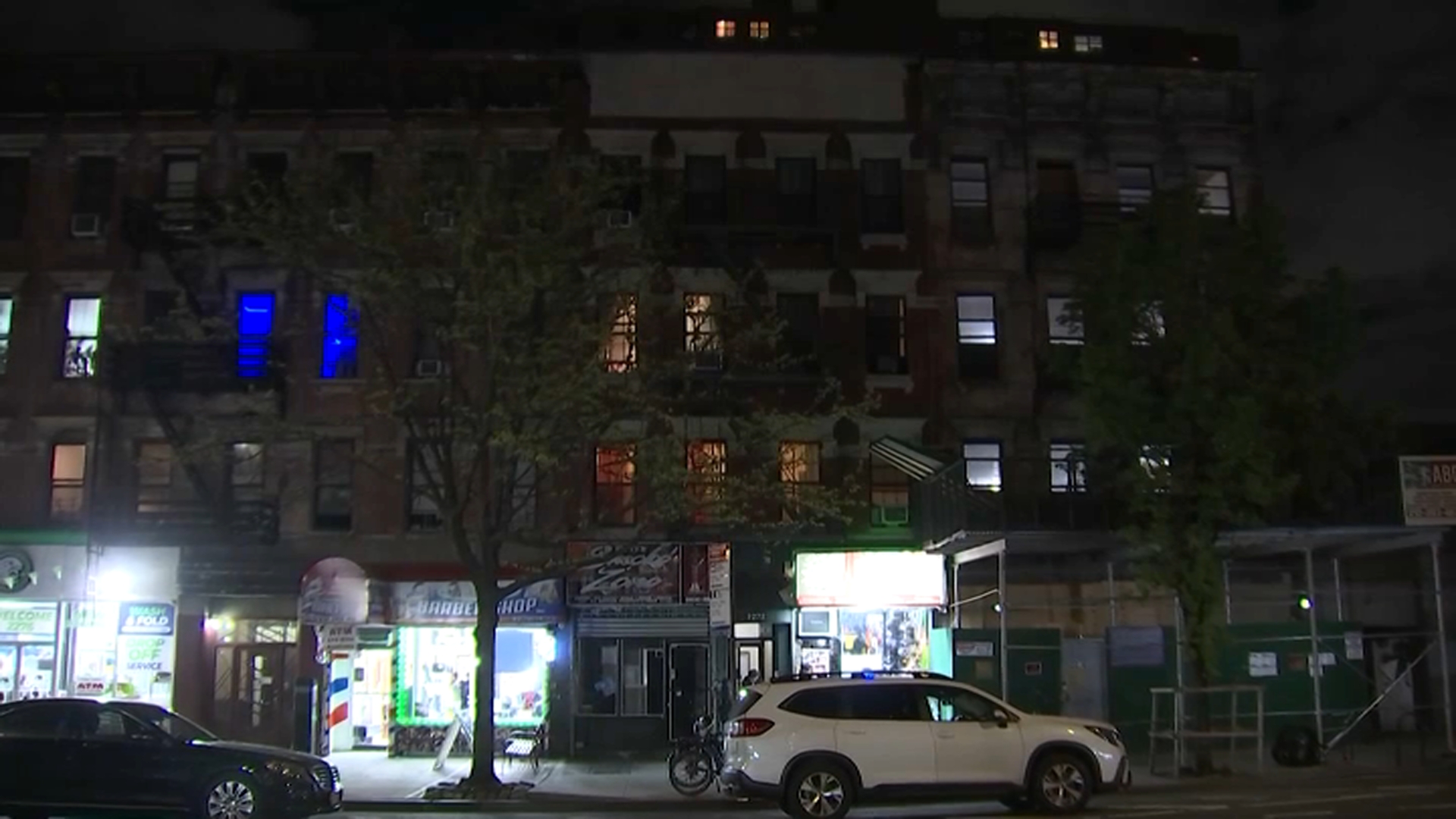Getting around in New York City isn't getting any cheaper, but it could be getting faster.
That's because toll gates will be replaced by automatic toll plazas at seven bridges and two tunnels throughout the city, under a plan announced by Gov. Cuomo on Wednesday.
The spans included in the project include the Verrazano-Narrows, Robert F. Kennedy, Bronx-Whitestone, Throgs Neck, Henry Hudson , Marine Parkway and Cross Bay bridges; and the Queens-Midtown and Brooklyn-Battery tunnels.
Under the project, the old toll gates will be replaced by suspended by sensors and cameras hanging above the highway. Drivers with E-ZPass will be automatically charged as they pass under the arrays, and those without them will have bill sent to the address corresponding with the license plate on their car.
As for non-New York drivers, the MTA says it has agreements with out-of-state DMVs to obtain information so that it can send toll bills in the mail to the registered owners.
The state is also planning to revamp all the crossings to give them a more modern, artistic look, complete with LED lighting. The tunnels will also get post-Sandy flood protection: automatic gates that can close the tubes and guard against a 500-year flood five times more powerful than Sandy.
The old gates will begin to be removed from the two tunnels in January, according to a spokesman for the MTA, which oversees the bridges and tunnels. The RFK, Cross Bay and Marine Parkway bridges will have their gates removed next, and the rest will be operating on a cashless basis by the end of 2017.
Local
Cuomo's office said in a press release that automatic tolling could save drivers up to 21 hours of driving time every year and could save up to 1 million gallons of gas every year.
Customers who do not pay an initial, and then an overdue, toll bill will first receive a notice of violation. If that notice is also ignored, the violator will be referred to a collections agency, and some egregious violators may also be sued, according to the MTA.
Cuomo also recently announced regulations that allow the DMV to suspend the registrations of drivers who fail to pay five tolls, fees and other charges resulting from violations on different days within a period of 18 months.



